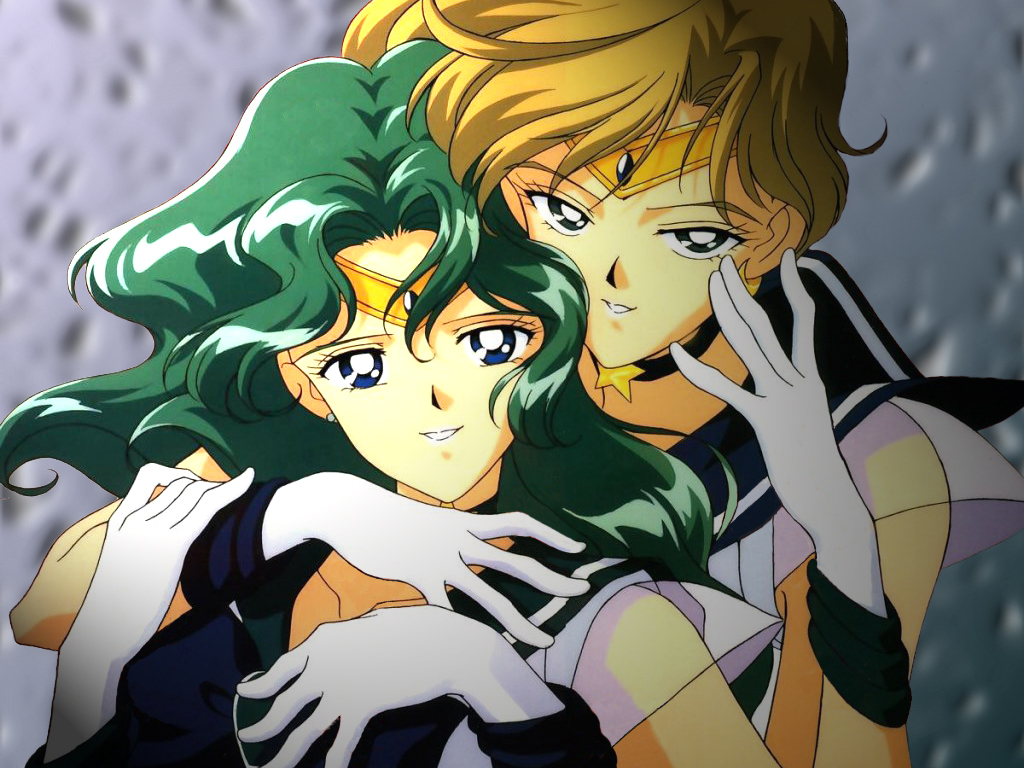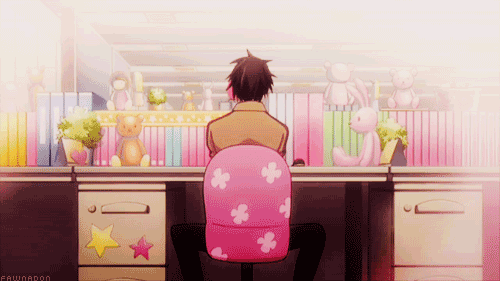and I didn’t bomb Pearl Harbor.
As a matter of fact, I wasn’t even alive during WWII and you know what? Neither were my parents. But you see, even though this happened 72 years ago, you all keep blaming me in particular for it and I just don’t understand how you can make that sort of accusation. Scientifically, it makes no sense at all.
I hate the 2001 film Pearl Harbor that starred Ben Affleck and Josh Hartnett. Us Japs killed off that babyface Josh and so many people went wild about this FAKE death. I remember when that movie came out, I was just starting my adventures in A.O.L. chatrooms. When I found out that there was a chatroom for an interest in Japan, my eleven year old self enthusiastically entered one of these chat rooms and when I revealed my ethnic background I was bombarded with messages like :
“YOU KILLED JOSH HARTNETT”
“GO BACK TO YOUR COUNTRY WE HATE YOU HERE”
“JAP, JAP, JAP, KICK THE JAP OUT OF THE ROOM”
Eleven years old. How can you accuse an eleven year old to have taken part in WWII?
In some ways, I relate to Sameer. I could never tell my family the sort of harassment I was facing when I was young. I only wanted to give them good news about my life. How can I tell my mom that her only daughter was being picked on because I am Japanese. Whether it was in school or on the world wide web, I just had to swallow that pain and hope for the best.
There are so many other harmful stereotypes that different people of different backgrounds have and it needs to stop. Please, stop. I am an American. Just like you.


